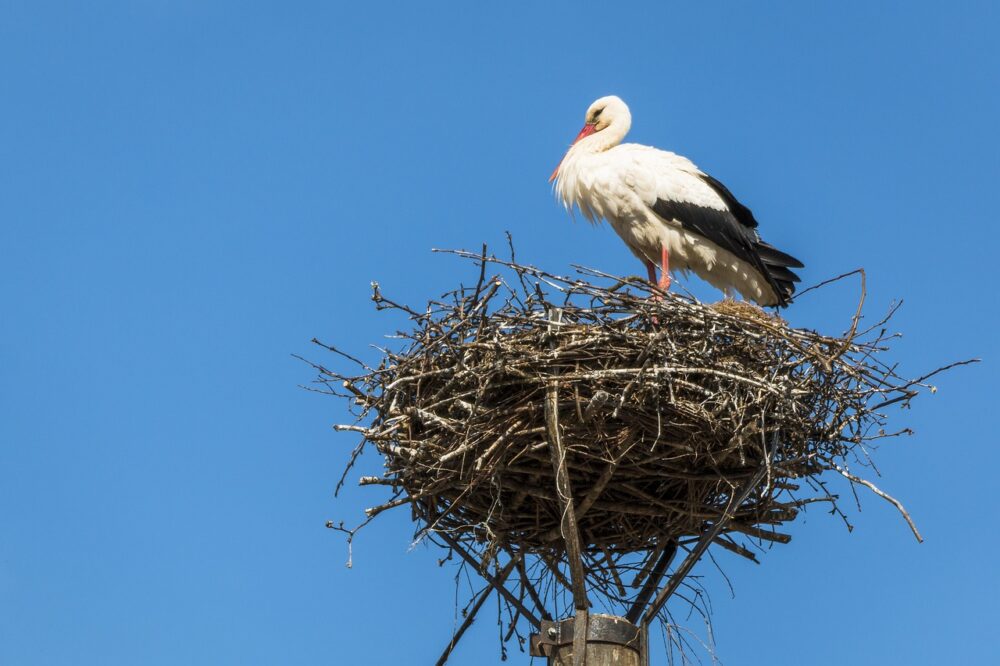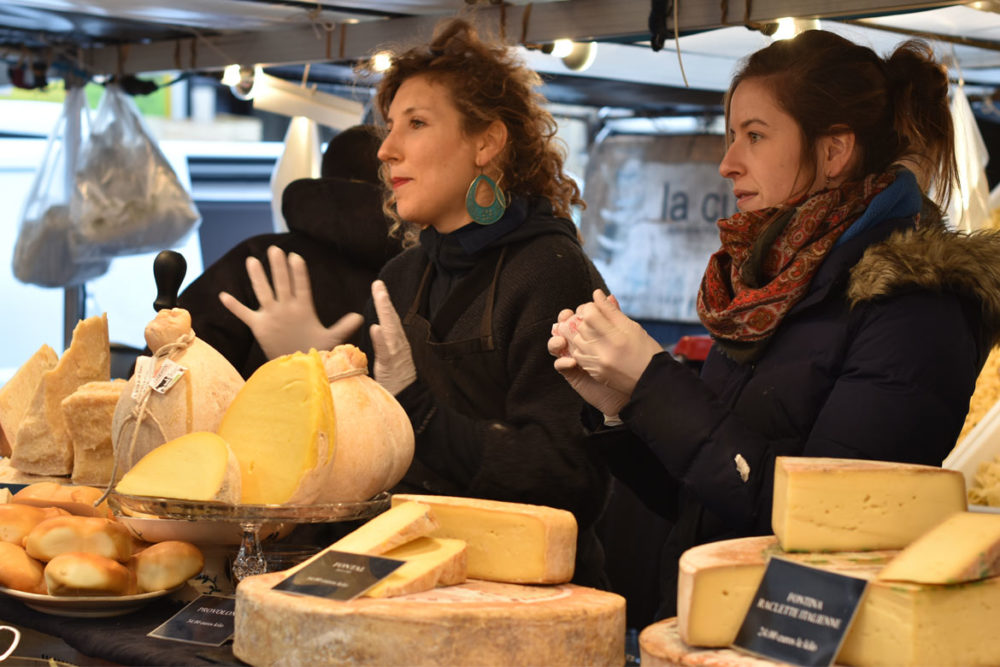
French Grammar – The Gender of Nouns – le, la, l’, les, un, une, des
No matter how long one studies French, the definite and indefinite articles seem to be a challenge for all. Even though they can be directly translated from English to French, there are situations where these articles are not used in quite the same way. As a general rule, in French, there is almost always an article in front of a noun. Unlike English, where you can get away with...Read MoreExpat in France story from Carolyn, living in the Languedoc Roussillon.
Settling in southern France: Carolyn’s Languedoc-Roussillon experience Carolyn shares her journey to Languedoc-Roussillon after early retirement – discovering the challenges of French bureaucracy, learning how to choose property wisely, and quickly falling in love with her new life in southern France. Her heartfelt advice and small joys will resonate with anyone dreaming...Read More
French Grammar – French Verbs that Look the Same But Are Different
Our students and all French learners are often confused by a few French verbs that look quite similar, but have a different meaning. Here are a few of these pairs that are very commonly used in French. I. Penser vs Croire Penser mainly means “to think”, whether it is followed or not with the conjunction “que”. There are slight nuances when it is followed by the...Read More
Visit Paris Like A Boss- A Parisian Survival Guide
When you visit Paris, you want to feel comfortable in your environment. French culture is very much different from what you are accustomed to. This 5 step guide will not only help make your visit to Paris more enjoyable, it will also save you money! 1. Learn How To Speak French Before You Visit Paris Far too many people travel to France without...Read More
French Grammar – Using the Verb Manquer
The Verb manquer : Different Meanings Not to Be Missed This verb is very interesting as it means at the same time “to lack” or “to run out of something”, to “fail”, and, its main meaning, “to miss”. And this is when it becomes very confusing for English speakers as it is used in a very different way. It is interesting, too, to discover a...Read More
French grammar points – Quel/quelle, que, qu’est-ce que, quoi?
You might be a beginner or have been learning French for a while and you’re still unsure about the correct French interrogative expression for ‘what’ or ‘which’. Que, quoi, quel(s), quelle(s) or qu’est-ce que (qui) ? Which one should you use? 1. Quel(le) There are 2 ways to use quel: a) With a noun to express “what” or “which” A noun needs to follow after the...Read More
French Grammar – Using “On” instead of “Nous”
“On”: Friendlier than “Nous” The tiny word on carries great importance in everyday spoken French. For Anglophones learning French, on is frequently misunderstood or ignored because many think that on only expresses its English equivalent of ‘one’, while many of those who understand that it’s also an alternative to using nous hesitate to use it because of the false belief...Read MoreExpatriate’s story from Marion, living in the Cevennes region in France.
Finding community in Cévennes: Marion’s expat journey in rural France Marion writes about her move to the Cévennes region after vacationing there – discovering sunny landscapes, strong village camaraderie, and heartfelt everyday moments like village greetings and local renovation efforts. Her warmth and integration into the community shine through every detail. Walking...Read More

